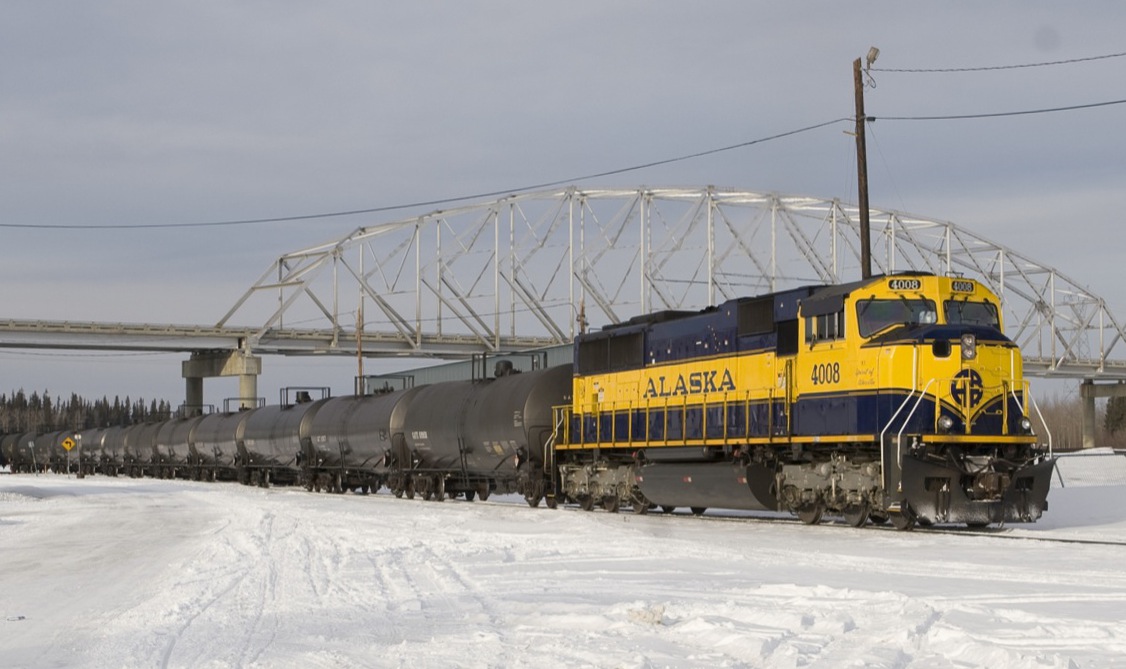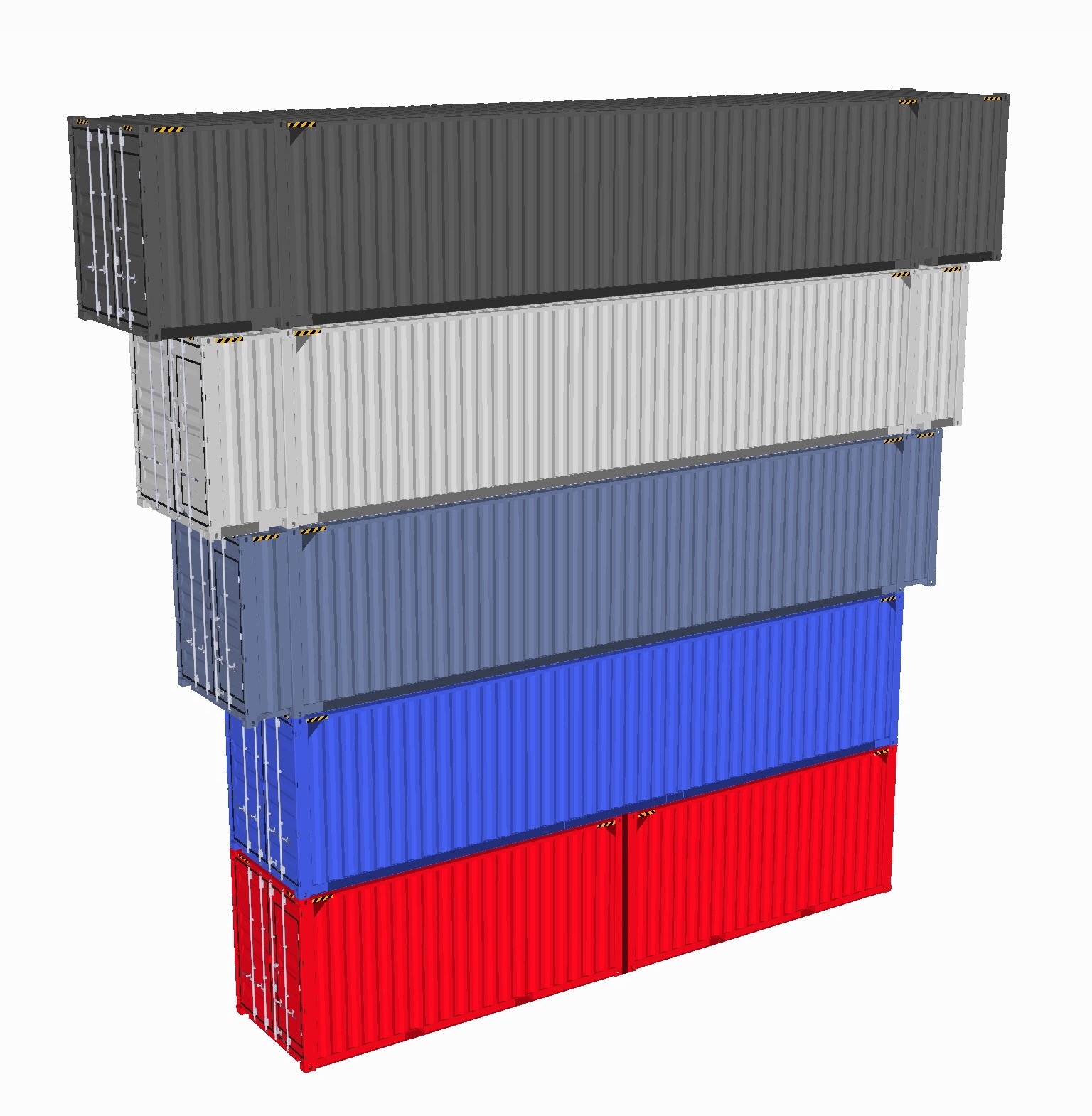|
Intercontainer-Interfrigo
Intercontainer-Interfrigo SA (ICF) was an internationally active logistics service provider. The company had its operational headquarters in Basel and its legal headquarters in Brussels. Intercontainer specialized in intermodal container based transport. Intercontainer was created by the principal national railway companies of Europe, and these continued to be its principal shareholders, as well as being principal suppliers of traction and network access to the European national rail networks. During the middle of the first decade of the twenty-first century the business underwent a strategic rationalization. Concentration focused more than before on linking the dynamic landlocked economies of central western Europe, notably Switzerland and Austria, with major European north-western seaports of Antwerp, Rotterdam, Bremerhaven und Hamburg, as well as the longer inland freight routes within eastern and south-eastern Europe and container freight to the CIS. The business was supporte ... [...More Info...] [...Related Items...] OR: [Wikipedia] [Google] [Baidu] |
Logistics Service Provider
Third-party logistics (abbreviated as 3PL, or TPL) is an organization's long-term commitment of outsourcing its distribution services to third-party logistics businesses. Third-party logistics providers typically specialize in integrated operations of warehousing and transportation services that can be scaled and customized to customers' needs, based on market conditions, to meet the demands and delivery service requirements for their products. Services often extend beyond logistics to include value-added services related to the production or procurement of goods, such as services that integrate parts of the supply chain. A provider of such integrated services is referenced as a third-party supply chain management provider (3PSCM), or as a supply chain management service provider (SCMSP). 3PL targets particular functions within supply management, such as warehousing, transportation, or raw material provision. The global 3PL market reached $75 billion in 2014, and grew to $157 bil ... [...More Info...] [...Related Items...] OR: [Wikipedia] [Google] [Baidu] |
Companies Based In Basel
A company, abbreviated as co., is a legal entity representing an association of legal people, whether natural, juridical or a mixture of both, with a specific objective. Company members share a common purpose and unite to achieve specific, declared goals. Over time, companies have evolved to have the following features: "separate legal personality, limited liability, transferable shares, investor ownership, and a managerial hierarchy". The company, as an entity, was created by the state which granted the privilege of incorporation. Companies take various forms, such as: * voluntary associations, which may include nonprofit organizations * business entities, whose aim is to generate sales, revenue, and profit * financial entities and banks * programs or educational institutions A company can be created as a legal person so that the company itself has limited liability as members perform or fail to discharge their duties according to the publicly declared incorporation pu ... [...More Info...] [...Related Items...] OR: [Wikipedia] [Google] [Baidu] |
Railway Companies Of Switzerland
Rail transport (also known as train transport) is a means of transport using wheeled vehicles running in tracks, which usually consist of two parallel steel rails. Rail transport is one of the two primary means of land transport, next to road transport. It is used for about 8% of passenger and freight transport globally, thanks to its energy efficiency and potentially high speed.Rolling stock on rails generally encounters lower frictional resistance than rubber-tyred road vehicles, allowing rail cars to be coupled into longer trains. Power is usually provided by diesel or electric locomotives. While railway transport is capital-intensive and less flexible than road transport, it can carry heavy loads of passengers and cargo with greater energy efficiency and safety. Precursors of railways driven by human or animal power have existed since antiquity, but modern rail transport began with the invention of the steam locomotive in the United Kingdom at the beginning of the 19th c ... [...More Info...] [...Related Items...] OR: [Wikipedia] [Google] [Baidu] |
Logistics Companies Of Switzerland
Logistics is the part of supply chain management that deals with the efficient forward and reverse flow of goods, services, and related information from the point of origin to the point of consumption according to the needs of customers. Logistics management is a component that holds the supply chain together. The resources managed in logistics may include tangible goods such as materials, equipment, and supplies, as well as food and other edible items. In military logistics, it is concerned with maintaining army supply lines with food, armaments, ammunition, and spare parts apart from the transportation of troops themselves. Meanwhile, civil logistics deals with acquiring, moving, and storing raw materials, semi-finished goods, and finished goods. For organisations that provide garbage collection, mail deliveries, public utilities, and after-sales services, logistical problems must be addressed. Logistics deals with the movements of materials or products from one facility t ... [...More Info...] [...Related Items...] OR: [Wikipedia] [Google] [Baidu] |
Liquidation
Liquidation is the process in accounting by which a Company (law), company is brought to an end. The assets and property of the business are redistributed. When a firm has been liquidated, it is sometimes referred to as :wikt:wind up#Noun, wound-up or dissolved, although Dissolution (law), dissolution technically refers to the last stage of liquidation. The process of liquidation also arises when customs, an authority or Government agency, agency in a country responsible for collecting and safeguarding Duty (economics), customs duties, determines the final computation or ascertainment of the duties or drawback accruing on an entry. Liquidation may either be compulsory (sometimes referred to as a ''creditors' liquidation'' or ''receivership'' following bankruptcy, which may result in the court creating a "liquidation trust"; or sometimes a court can mandate the appointment of a liquidator e.g. ''wind-up order'' in Australia) or voluntary (sometimes referred to as a ''sharehold ... [...More Info...] [...Related Items...] OR: [Wikipedia] [Google] [Baidu] |
Joint-stock Company
A joint-stock company (JSC) is a business entity in which shares of the company's stock can be bought and sold by shareholders. Each shareholder owns company stock in proportion, evidenced by their shares (certificates of ownership). Shareholders are able to transfer their shares to others without any effects to the continued existence of the company. In modern-day corporate law, the existence of a joint-stock company is often synonymous with incorporation (possession of legal personality separate from shareholders) and limited liability (shareholders are liable for the company's debts only to the value of the money they have invested in the company). Therefore, joint-stock companies are commonly known as corporations or limited companies. Some jurisdictions still provide the possibility of registering joint-stock companies without limited liability. In the United Kingdom and in other countries that have adopted its model of company law, they are known as unlimited ... [...More Info...] [...Related Items...] OR: [Wikipedia] [Google] [Baidu] |
Aktiengesellschaft
(; abbreviated AG ) is a German language, German word for a corporation limited by Share (finance), share ownership (i.e., one which is owned by its shareholders) whose shares may be traded on a stock market. The term is used in Germany, Austria, Switzerland (where it is equivalent to a ''S.A. (corporation), société anonyme'' or a ''società per azioni'') and South Tyrol for companies incorporated there. In the United Kingdom, the equivalent term is public limited company, and in the United States, while the terms "Incorporation (business), incorporated" or "corporation" are typically used, technically the more precise equivalent term is "joint-stock company". Meaning of the word The German word ''Aktiengesellschaft'' is a compound noun made up of two elements: ''Aktien'' meaning an acting part or shares, share, and ''Gesellschaft'', meaning company or society. English translations include ''share company'', or ''company limited by shares'', or joint-stock company. In German, ... [...More Info...] [...Related Items...] OR: [Wikipedia] [Google] [Baidu] |
Germany
Germany, officially the Federal Republic of Germany, is a country in Central Europe. It lies between the Baltic Sea and the North Sea to the north and the Alps to the south. Its sixteen States of Germany, constituent states have a total population of over 84 million in an area of , making it the most populous member state of the European Union. It borders Denmark to the north, Poland and the Czech Republic to the east, Austria and Switzerland to the south, and France, Luxembourg, Belgium, and the Netherlands to the west. The Capital of Germany, nation's capital and List of cities in Germany by population, most populous city is Berlin and its main financial centre is Frankfurt; the largest urban area is the Ruhr. Settlement in the territory of modern Germany began in the Lower Paleolithic, with various tribes inhabiting it from the Neolithic onward, chiefly the Celts. Various Germanic peoples, Germanic tribes have inhabited the northern parts of modern Germany since classical ... [...More Info...] [...Related Items...] OR: [Wikipedia] [Google] [Baidu] |
Cooperative
A cooperative (also known as co-operative, coöperative, co-op, or coop) is "an autonomy, autonomous association of persons united voluntarily to meet their common economic, social and cultural needs and aspirations through a jointly owned and democratically-controlled wikt:Enterprise, enterprise". Cooperatives are democratically controlled by their members, with each member having one vote in electing the board of directors. They differ from Collective farming, collectives in that they are generally built from the bottom-up, rather than the top-down. Cooperatives may include: * Worker cooperatives: businesses owned and managed by the people who work there * Consumer cooperatives: businesses owned and managed by the people who consume goods and/or services provided by the cooperative * Producer cooperatives: businesses where producers pool their output for their common benefit ** e.g. Agricultural cooperatives * Purchasing cooperatives where members pool their purchasing power ... [...More Info...] [...Related Items...] OR: [Wikipedia] [Google] [Baidu] |
Twenty-foot Equivalent Unit
The twenty-foot equivalent unit (abbreviated TEU or teu) is a general unit of cargo capacity, often used for container ships and container ports.Rowlett, 2004. It is based on the volume of a intermodal container, a standard-sized metal box that can be easily transferred between different modes of transportation, such as ships, trains, and trucks. Detailed dimensions: 20-foot and 40-foot containers The standard intermodal container is long and wide. The height of such containers is most commonly but ranges from to . Another standard container is slightly more than twice as long: , dubbed a forty-foot equivalent unit (often FEU or feu). The reason the smaller container is short of 20 feet is to allow it to be stacked efficiently with 40-foot containers. The twistlocks on a ship are set so that two standard 20-foot containers have a gap of , allowing a single 40-foot container to fit precisely on top. The 40-foot containers have found wider acceptance, as they can be ... [...More Info...] [...Related Items...] OR: [Wikipedia] [Google] [Baidu] |
Goods Wagon
Goods wagons or freight wagons (North America: freight cars), also known as goods carriages, goods trucks, freight carriages or freight trucks, are unpowered railway vehicles that are used for the transportation of cargo. A variety of wagon types are in use to handle different types of goods, but all goods wagons in a regional network typically have standardized couplers and other fittings, such as hoses for air brakes, allowing different wagon types to be assembled into trains. For tracking and identification purposes, goods wagons are generally assigned a unique identifier, typically a UIC wagon number, or in North America, a company reporting mark plus a company specific serial number. Development At the beginning of the railway era, the vast majority of goods wagons were four- wheeled (two wheelset) vehicles of simple construction. These were almost exclusively small covered wagons, open wagons with side-boards, and flat wagons with or without stakes. Over the cou ... [...More Info...] [...Related Items...] OR: [Wikipedia] [Google] [Baidu] |





